7 Days is a weekly round-up of the Editors' picks of what's been happening in the world of technology - written with a dash of humor, a hint of exasperation, and an endless supply of (Irish) coffee.

After last week’s madness and mayhem of CES 2016, you might have expected things to be much quieter this week. But it’s been another week packed full of news from across the tech world, and of course, 7 Days is here again to help you make sense of it all.
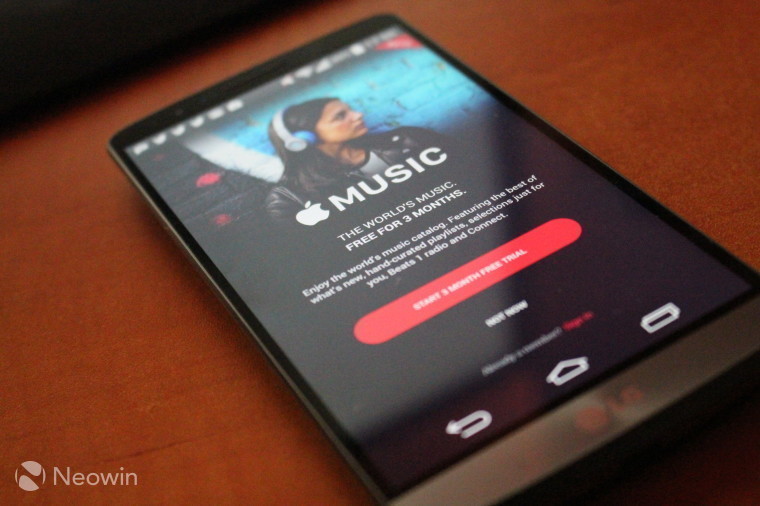
We begin this week with a report which claimed that the Apple Music subscription streaming service now has 10 million paying subscribers which, if accurate, would mark an increase of 3.5 million since October.

However, Apple announced on Friday that iTunes Radio – its free, ad-supported music streaming offering – will no longer be free from later this month. From January 28, iTunes Radio will require an Apple Music subscription, leaving Beats 1 as the company’s only free radio station for non-subscribers.

Apple rolled out its first general release of iOS 9 back in September, and within just three days, it had reached 50% of its mobile devices. This week, Apple revealed that that figure has now climbed to a remarkable 75% in just four months.
By comparison, Google’s Android 6.0 Marshmallow, which began its rollout three weeks after iOS 9, has so far made it to just 0.7% of active Android devices in the last three months. *sad trombone*

iOS 9.3 is coming soon, and will introduce a range of new features, including more 3D Touch support for first-party apps; the ability to protect notes with passwords or Touch ID; a new 'Night Shift' mode that adjusts screen coloration depending on the time of day; and more.
After seeding it to developers earlier this week, Apple released the first public beta of iOS 9.3 on Thursday.
_story.jpg)
Microsoft is continuing with its efforts to entice iOS developers to bring their apps to Windows, as part of a project known as ‘Islandwood’. Details emerged this week of a new compatibility tool to help developers to bridge the gap between iOS and Windows 10, when porting their apps across.

While Microsoft hopes devs will bring their software from rival platforms to Windows, the company is continuing to make its own software more widely available on its competitors’ app stores too – but the latest example is unlikely to go down well with fans of its Windows handsets.
Microsoft revealed that it is working on bringing its Word Flow keyboard – widely regarded as among the best on any mobile device – from Windows Phone “to other platforms, starting with iOS”.
There are advantages to this – for example, making the keyboard available on more devices will provide far more telemetry and feedback to help Microsoft to improve it for all of its users. The obvious downside to this, however, is that it robs Windows phones of one more unique feature. Most recently, the company launched its Cortana digital assistant on iOS, Android and Cyanogen OS.

Office is another example of Microsoft software that has made its way to other platforms in recent years. When Apple unveiled its iPad Pro last year, Microsoft actually made an appearance on stage at the launch event, talking up the device’s productivity credentials when combined with its Office suite.
Unsurprisingly, though, Microsoft clearly believes its Surface Pro tablets – which share obvious similarities with the iPad Pro – are superior. Earlier this week, Microsoft said that “the iPad Pro is always going to be a companion device”, compared with its newest Surface Pro 4, which it described as “a full PC… running full apps”.

The older Surface Pro 3 has remained on sale since the Pro 4 was announced in October, as Microsoft has been working to clear out remaining stocks of the last-gen device. Following deep discounts in recent weeks, those efforts are now paying off – the Surface Pro 3 has finally sold out on the Microsoft Store in the UK, and its US Store is almost out of stock too.

Meanwhile, US buyers of Microsoft’s more affordable tablet line, the Surface 3, can currently get a free Type Cover keyboard – usually priced at $129.99 – but only until January 17.

Back in the UK, the Lumia 950 – the smaller of Microsoft’s new Windows 10 Mobile flagships – was originally listed at £499.99 SIM-free after its announcement in October, but following a series of price cuts since then, it’s now available for only £399.99.

Those who have already purchased a Lumia 950 – or its larger sibling, the 950 XL – can now claim a free Office 365 Personal subscription, but only in a handful of markets, including the US, UK, France and Germany, among others.
That subscription will come in handy for anyone planning to use Office in Continuum mode on either device – as Neowin was first to report last month, that functionality is only available free of charge until March 31, 2016; after that, Microsoft says you’ll need an Office 365 subscription to be able to create and edit documents on Windows 10 Mobile in Continuum mode.

Continuum effectively allows users to turn their high-end handsets into mini-PCs, by connecting them to a larger monitor or TV, and interacting with them via a mouse and keyboard, complete with a PC-style user interface and Start menu. Users can then run apps installed on their phones – but only the newest apps, built on the Universal Windows Platform, are supported in Continuum mode.
However, Microsoft has greatly expanded the potential of this user experience with this week’s release of the new Remote Desktop Preview app for Windows 10 Mobile, offering the ability to remotely access Win32 apps in Continuum mode.
Recommended reading
By the way, if you’re pondering how Microsoft might realize the exciting potential of Continuum even further – perhaps, one day, even allowing smartphones to replace PCs entirely – you may be interested in an article I wrote on the subject a few months back (before the first Continuum-enabled devices had been released): Windows 10 Mobile – How Microsoft’s new OS hints at a truly mobile-first future.

Another popular app also picked up Continuum support this week. The Facebook app on Windows 10 Mobile got a significant update on Wednesday, with an updated design, and a range of new features.

Windows 10 Mobile isn’t just intended for smartphones; in recent weeks, we’ve also seen several tablets unveiled running the new OS. The latest example is the PiPO U8T, a 7.85-inch device – and significantly, it uses a Rockchip SoC, rather than one of the more familiar Qualcomm Snapdragons.

Microsoft had originally planned to begin upgrading existing handsets to Windows 10 Mobile in December, but it later delayed the rollout until early 2016. It still hasn’t shared any further details regarding the upgrade, but several recent carrier announcements and user reports indicate that its release is imminent, if not already underway:
- Windows 10 Mobile rolling out to Lumia 640 devices on T-Mobile in Poland
- French carrier Bouygues Telecom to start Windows 10 Mobile Lumia upgrades next week
- Windows 10 Mobile starts rolling out in Latin America for the Lumia 535

Meanwhile, details emerged of Microsoft’s new ‘Windows 10 Upgrade Advisor’ app for Windows Phone 8.1 devices, that “provides information about upgrading to Windows 10 and helps you prepare your phone to install the upgrade”. The app was spotted on the Windows Store a day later, listed as ‘Upgrade Advisor Beta’.
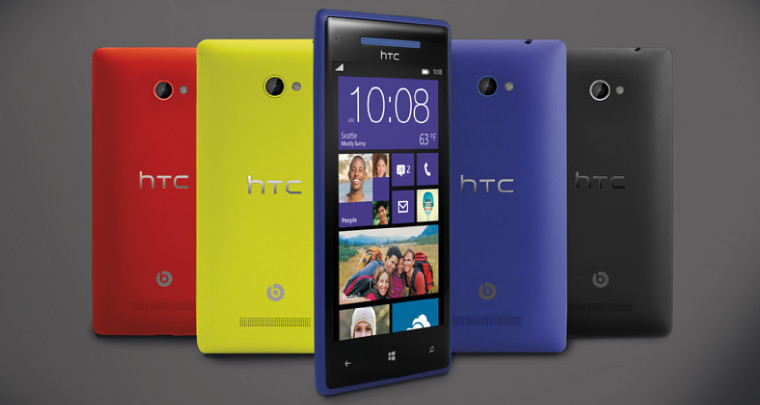
Owners of HTC’s Windows Phone 8X got some disappointing news this week, as the company confirmed that “there are no further updates planned” for the device, ruling out an upgrade to Windows 10 Mobile.

A designer and Windows enthusiast published a series of concept images for Windows 10 Mobile, which he said are intended to showcase small refinements to fix the various ‘defects’ and shortcomings in the existing user experience.

Some interesting details were spotted in newly-published Microsoft documentation this week, including a reference to ‘Windows 10 Mobile x86’, potentially hinting at the OS version that will run on the rumored ‘Surface Phone’ that is expected to launch later this year. The documentation also referred to a version of Windows 10 with full desktop support running on devices with ARM processors.

Microsoft rolled out a cumulative update for Windows 10 PCs on Tuesday, bumping the OS up to build 10586.63, matching the most recent Insider Preview build for Mobile.

It also released a new Windows 10 Insider Preview for PCs, build 11099 – the second preview build to originate from its Redstone development branch.

Independent industry analysts IDC revealed this week that 2015 was a pretty bad year for the Windows PC market, with the worst full-year decline on record. The launch of Windows 10 didn’t help much; in the last quarter of 2015 – including the all-important holiday season – PC sales dropped by more than 10 percent year-on-year.

But IDC also published details of a US study into customer satisfaction among users of Windows 10, in which over 60% of respondents offered a “favorable" or “very favorable" assessment of the new OS.

It follows Microsoft’s recent claims that it has seen “significantly higher customer satisfaction with Windows 10 than any other prior version” of the OS. Indeed, the company went even further, stating its “customers are loving Windows 10”.
We asked our readers for their opinions on Microsoft’s latest operating system – join in the discussion, and have your say!

Microsoft has become increasingly persistent in encouraging users of Windows 7 and 8.1 to upgrade to its new OS in recent weeks. On Thursday, it announced that small businesses will soon be subjected to similar ‘Get Windows 10’ prompts to those recently presented to home users – but it’s also making it easy for IT admins to remove these upgrade notifications.

Microsoft is also helping enterprise customers with their transition to Windows 10 by supporting older versions of the OS on a (very) limited range of brand new PCs with the latest-generation Intel Skylake processors. Microsoft ruled out wider support for Windows 7 and 8.1 on more of the newest devices, though, highlighting the significant benefits of running the new OS on the latest hardware.
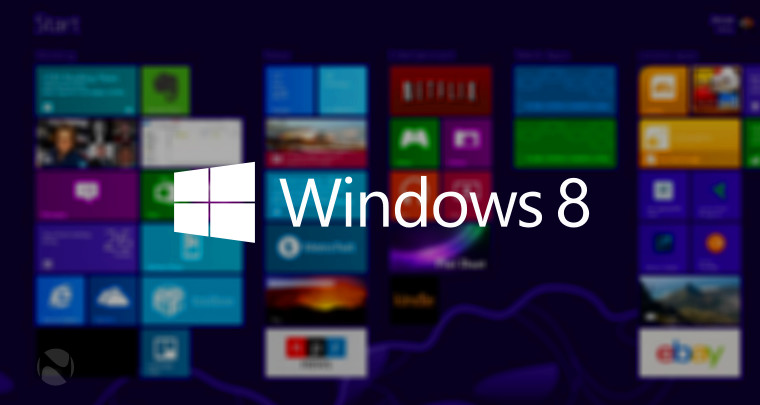
However, on Tuesday, Microsoft officially ended its support for Windows 8, and will no longer deliver updates to the unloved operating system, which was replaced by the far superior Windows 8.1. Microsoft is encouraging the 3% of users still running Windows 8 to upgrade to 8.1 or 10 without delay.
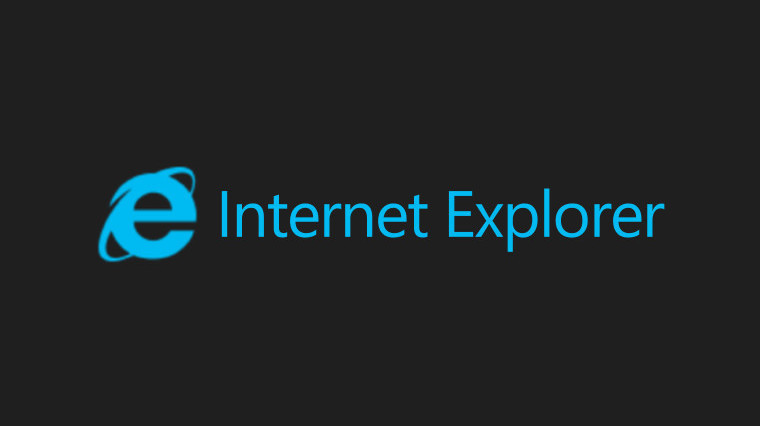
Microsoft also ended support for older versions of Internet Explorer on its desktop operating systems on the same day. IE versions 8, 9 and 10 are no longer supported on Windows 7 and 8.1, but Internet Explorer 9 will continue to be supported on Windows Vista.

After promising last month to open-source “key components” of the Chakra JavaScript engine used in its newest-generation Edge browser on Windows 10, Microsoft made good on that commitment this week, publishing the relevant ‘ChakraCore’ source code on GitHub.
On Wednesday, Microsoft made a range of announcements related to its ‘R’ suite, a range of tools and products designed for enterprise-grade statistical computing and predictive analytics.
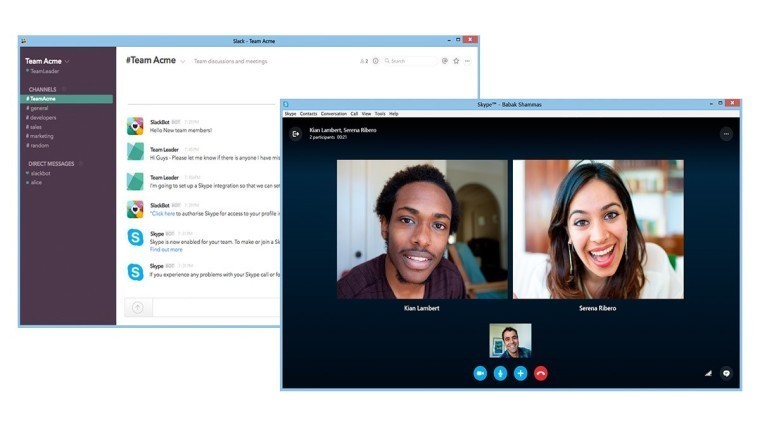
And on Thursday, it announced a preview of in-platform Skype integration on popular collaboration platform, Slack.

On Friday, a video was published (before being taken down) in which Microsoft’s Bruce Harris revealed that its HoloLens untethered augmented reality headset will offer battery life of up to 5.5 hours under normal usage. Microsoft will begin shipping the $3000 HoloLens Development Edition this quarter.

Microsoft announced that it will open registration for its Build 2016 developer conference next week. The event will take place in San Francisco from March 30 to April 1, and tickets will be priced at $2,195.

Google, which also held its I/O developer conference in San Francisco last year, announced on Wednesday that its 2016 event will be held from May 18 to 20 in Mountain View, California – the “neighborhood where it all started 10 yrs ago” [sic].

Google also dropped the price of its Nexus 5X – the smaller of its two ‘showcase’ devices for Android 6.0 Marshmallow – by $30 this week.

The phenomenally popular online encyclopedia, Wikipedia, celebrated its 15th birthday on Friday. Founder Jimmy Wales signalled plans to invest significantly in its mobile efforts, to ensure that the site is equipped to handle the “billions more people coming online for the first time” in the years ahead.

BT, the UK's largest provider of fixed-line telephony and broadband, is set to acquire EE, the country's biggest mobile network, after the £12.5 billion deal was cleared by the Competition and Markets Authority.

Popular UK theme park Alton Towers announced a new virtual reality rollercoaster experience coming later this year. ‘Galactica’ is a relaunch of the now-closed ‘Air’ rollercoaster, but passengers will wear VR headsets on the new ride, travelling at speeds of up to 47mph (75kph), taking them on a virtual journey through space.
Woohoo!

Many Xbox One gamers will be familiar with subscription gaming service EA Access, which offers unlimited gameplay from a 'Vault' of titles for $4.99 a month, or $29.99 for a full year. Next week, Xbox Live Gold subscribers will be able to enjoy the benefits of EA Access completely free.

This week, EA announced a PC version of the service, Origin Access, also priced at $4.99 a month, offering unlimited gameplay of 15 titles.

The long-awaited beta of Tom Clancy’s The Division will finally begin later this month – but after exclusive access to the beta was promised for Xbox One owners last year, it turns out that those on Microsoft’s console will only have a ‘one day exclusive’, before PS4 and PC gamers get in on the action.
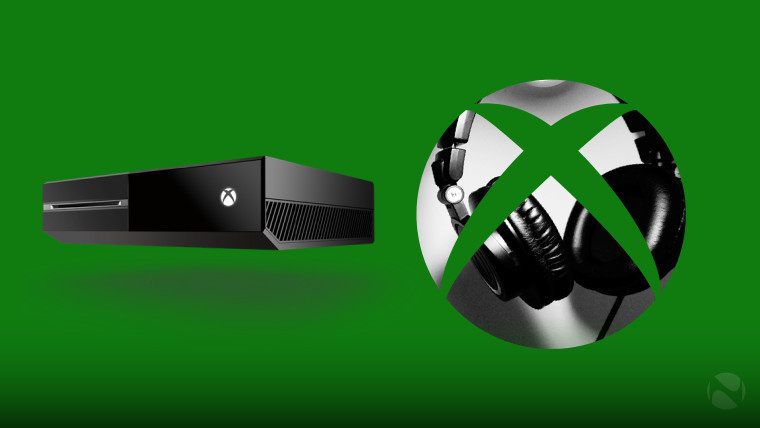
Microsoft says that background music playback – the ability to listen to music in an app while playing a game full-screen – won’t be coming to the Xbox One until later this year, despite it being the most-requested feature among owners of the console by a considerable margin.

But we end this week with news of a truly monstrous – and yet strangely magnificent – creation by a hardware modder, who fitted his Lumia 520 with a massive Wi-Fi antenna and a CPU fan.
One can’t help but marvel at the glorious insanity of it.

Before we wrap things up for another week, I’d just like to highlight a couple of other articles that you may enjoy.
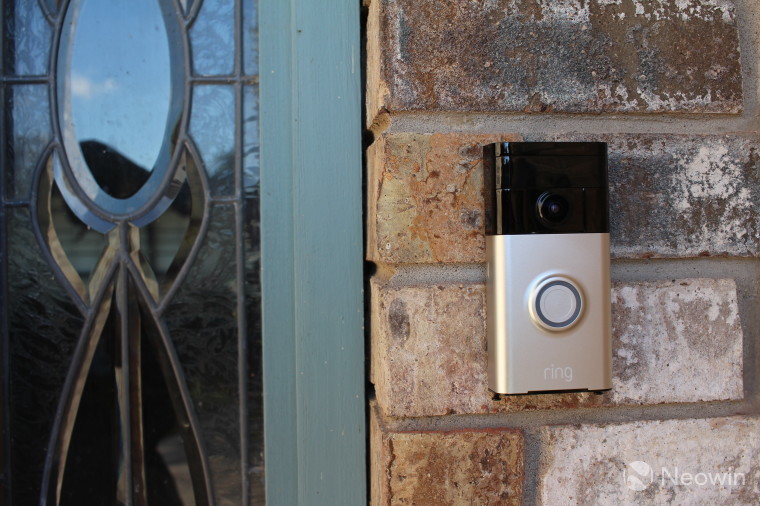
First up is a review of the ‘Ring’ video doorbell, which may be of interest to those of you keen on some ‘smart home’ improvements. At first glance, you might think that something as basic as a doorbell hardly needs to be a connected device – but it offers some intriguing features that certainly make it worth a look.
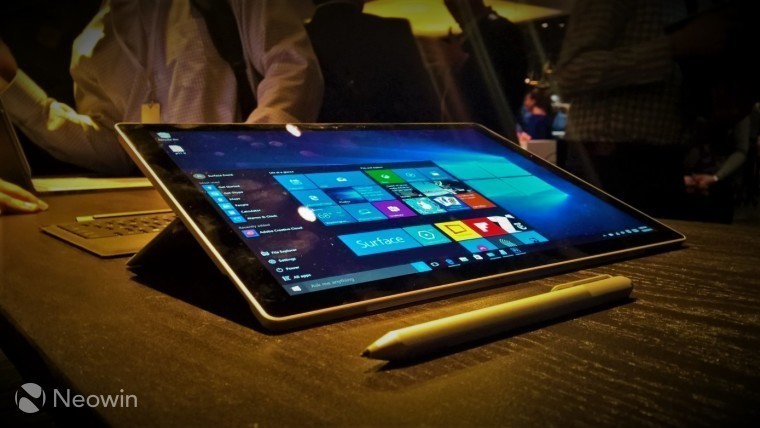
And if you’ve purchased Microsoft’s latest flagship tablet, the Surface Pro 4, you might want to check out our top tips to help you improve battery life on the device.
The week ahead
We're hoping to get some official details on Microsoft's Windows 10 Mobile rollout in the coming days, after it was delayed last month.
With Microsoft's Surface Book already shipping in China and Hong Kong, and soon to roll out in other markets outside of North America, the company is also expected to finally deliver its long-awaited fix for the 'sleep' issue on both that device and the Surface Pro 4, for which it apologized to customers last month. The problem prevents both devices from properly entering 'sleep' mode, resulting in high battery drain even when not in use.
And Microsoft will also open registration for its Build 2016 developer conference on Tuesday - but despite the $2,195 ticket price, it's likely to sell out very quickly, so if you're hoping to attend, be ready to buy your ticket at 9am PT!
Along with the usual mix of official news, juicy rumors, and intriguing insights, it should be another exciting week!
As ever, there’s plenty more to read across the site – including loads of interesting discussions over on our forums. From all of us on the Neowin team, have a great weekend!









_small.jpg)









